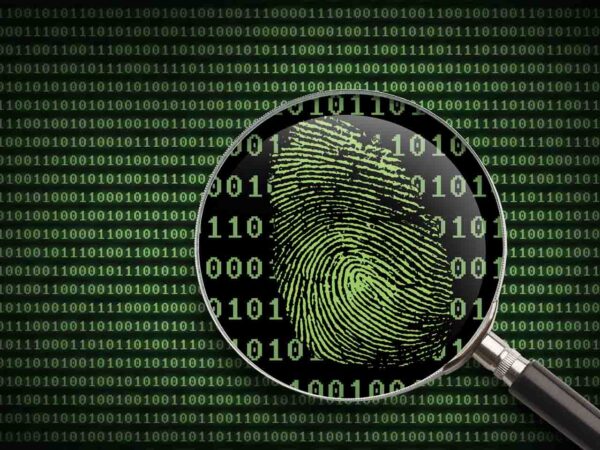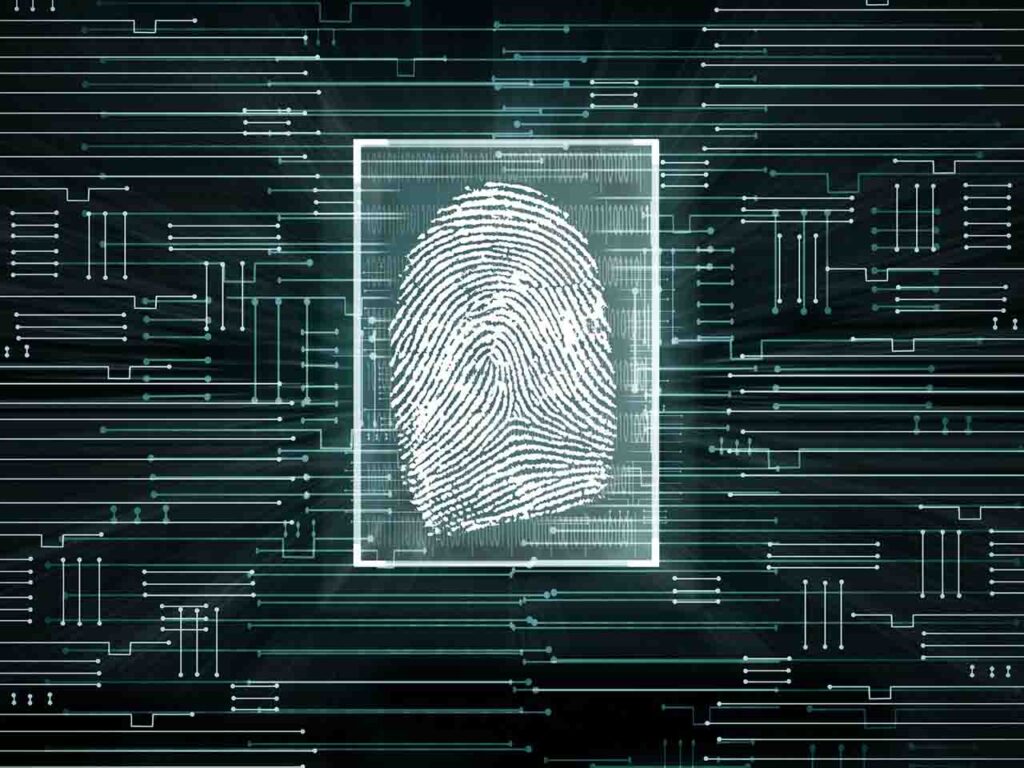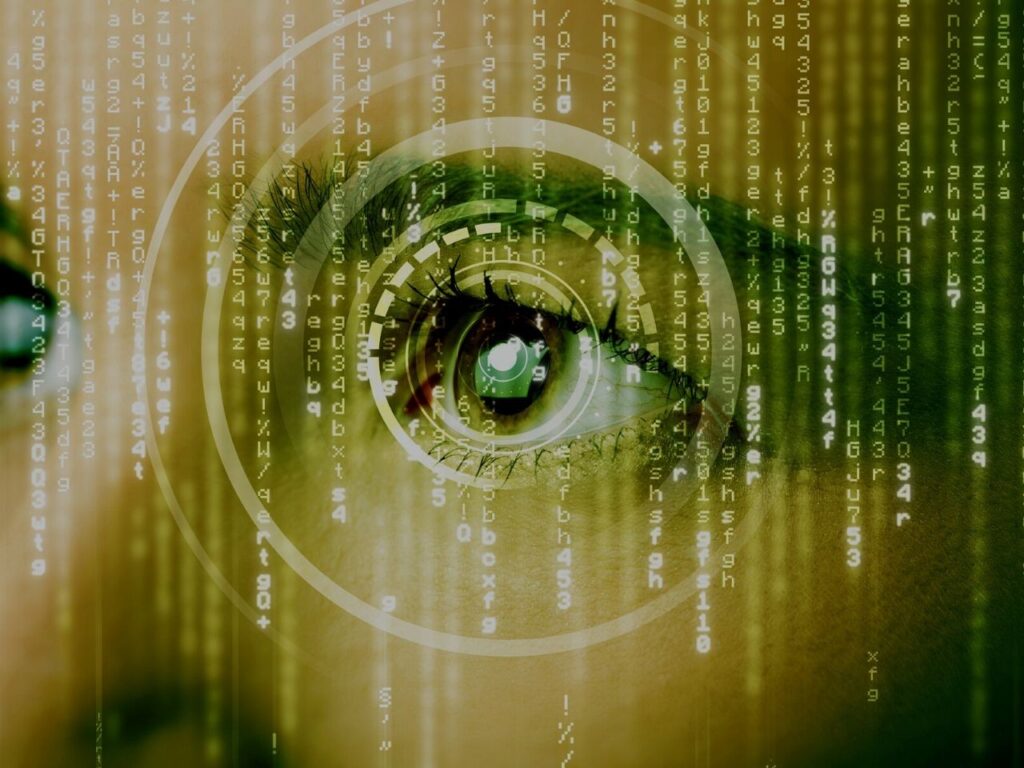Becoming a digital forensic investigator involves developing skills in computer science, cybersecurity, and criminal investigations.
In this field, you’ll analyze digital evidence, uncover cybercrimes, and assist in the legal process.
Stay One Step Ahead of Cyber Threats
What Is a Digital Forensic Investigator?
A digital forensic investigator, also known as a digital forensic analyst or computer forensic examiner, is a professional who specializes in the identification, collection, preservation, analysis, and presentation of digital evidence in criminal or civil investigations.
Their primary goal is to uncover digital footprints of cybercrimes, fraud, or other illegal activities and assist in the legal process by providing expert testimony in court, if necessary.
Digital forensic investigators work with various digital devices, such as computers, smartphones, tablets, and storage devices, as well as networks and cloud-based services, to recover and analyze digital evidence.
They use specialized tools and techniques to examine data, even if it has been deleted or intentionally hidden.
6 Key Responsibilities for a Digital Forensic Investigator
1. Conducting Digital Forensic Examinations
Investigators use specialized tools and techniques to analyze digital evidence from various sources, such as computers, mobile devices, and networks.
2. Preserving and Documenting Evidence
They follow strict procedures to ensure the proper collection, preservation, and documentation of digital evidence to maintain its integrity and admissibility in court.
3. Identifying and Recovering Hidden or Deleted Data
Investigators often need to uncover concealed or deleted information to build a complete picture of the events under investigation.
4. Malware Analysis and Incident Response
In cases involving cybersecurity incidents, digital forensic investigators analyze malware, track intrusions, and determine the scope and impact of security breaches.
5. Reporting and Presenting Findings
Investigators prepare comprehensive reports detailing their findings and may be called upon to provide expert testimony in court or to educate other professionals about their work.
6. Staying Current With Technology and Techniques
As the digital landscape constantly evolves, digital forensic investigators must stay up-to-date with the latest tools, methods, and trends in their field.
Digital forensic investigators work in various settings, including law enforcement agencies, private corporations, consulting firms, and government organizations.
Their expertise is crucial in solving cyber crimes, protecting sensitive information, and ensuring digital evidence is handled correctly and effectively in legal proceedings.
How to Become a Digital Forensic Investigator? (7 Steps)
1. Education
Obtain a high school diploma or equivalent, then pursue a bachelor’s degree in computer science, cybersecurity, digital forensics, or a related field.
Some universities and colleges offer specialized programs in digital forensics.
2. Develop Relevant Skills
Gain proficiency in programming languages like Python, Java, or C++.
Develop a strong understanding of computer networks, operating systems, and databases.
Learn about digital forensic tools such as Autopsy, EnCase, and FTK.
Understand cybersecurity concepts and best practices.
Develop critical thinking, analytical, and problem-solving skills.
3. Gain Experience
Seek internships or part-time positions in digital forensics, cybersecurity, or IT departments.
Work in a related field, such as IT support, network administration, or software development, to build your technical skills.
Attend workshops, conferences, and training programs to stay up-to-date with the latest techniques and tools in digital forensics.
4. Obtain Certifications
Earn industry-recognized certifications such as the Certified Computer Examiner (CCE), Certified Forensic Computer Examiner (CFCE), or GIAC Certified Forensic Analyst (GCFA).
Acquire vendor-specific certifications like EnCase Certified Examiner (EnCE) or AccessData Certified Examiner (ACE).
5. Network and Join Professional Organizations
Join digital forensics or cybersecurity professional organizations, such as the International Association of Computer Investigative Specialists (IACIS) or the High Technology Crime Investigation Association (HTCIA).
Attend industry events, conferences, and workshops to network with professionals and potential employers.
6. Apply for Jobs
Look for digital forensic investigator positions in law enforcement, private companies, consulting firms, or government agencies.
Tailor your resume and cover letter to emphasize your skills, certifications, and experience in digital forensics.
7. Continue Learning and Professional Development
Stay informed about new technologies, techniques, and tools related to digital forensics.
Pursue advanced degrees or certifications to improve your skills and marketability.
By following these steps, you’ll be well on your way to becoming a successful digital forensic investigator.
Best Degrees for a Job as a Digital Forensic Investigator

To become a digital forensic investigator, pursuing a degree in a related field can provide a strong foundation for the necessary knowledge and skills.
Here are some of the best degrees to consider for a career in digital forensics:
1. Computer Science
A computer science degree provides a broad understanding of computing principles, programming languages, algorithms, and data structures.
This background can help you develop the technical expertise needed for digital forensics.
2. Cybersecurity
A cybersecurity degree focuses on protecting computer systems, networks, and data from threats, attacks, and unauthorized access.
This degree can be particularly useful for understanding security measures, vulnerabilities, and incident response techniques relevant to digital forensics.
3. Digital Forensics
Some universities and colleges offer specialized degrees in digital forensics, which provide a focused curriculum covering digital evidence, forensic tools, legal and ethical issues, and investigative techniques.
This degree is specifically tailored to prepare students for a career in digital forensic investigation.
4. Information Technology / Information Systems
A degree in information technology or information systems covers a broad range of topics related to the management and use of computer systems, networks, and data.
This degree can help you gain a solid understanding of various aspects of IT, which can be beneficial for a digital forensic investigator.
5. Computer Engineering
A computer engineering degree combines elements of computer science and electrical engineering, focusing on the design, development, and analysis of computer hardware and software.
This degree can provide a strong foundation in computing and technology, which can be applied to digital forensics.
6. Criminal Justice
While not as technical as other degrees, a criminal justice degree can be valuable for understanding the legal and procedural aspects of digital forensic investigations.
Combining this degree with technical certifications or courses can make for a well-rounded digital forensic investigator.
Regardless of the degree you choose, it is essential to develop a strong foundation in computer science, networking, programming, and cybersecurity concepts.
Additionally, it’s important to gain practical experience through internships, part-time jobs, or volunteering in related fields to reinforce your knowledge and skills.
Obtaining industry-recognized certifications, such as the Certified Computer Examiner (CCE) or GIAC Certified Forensic Analyst (GCFA), can also help boost your credibility and marketability in the field of digital forensics.
My Life as Cyber Forensic Investigator (Video)
"Amateurs hack systems, professionals hack people."
-- Bruce Schneier, a renown computer security professional

